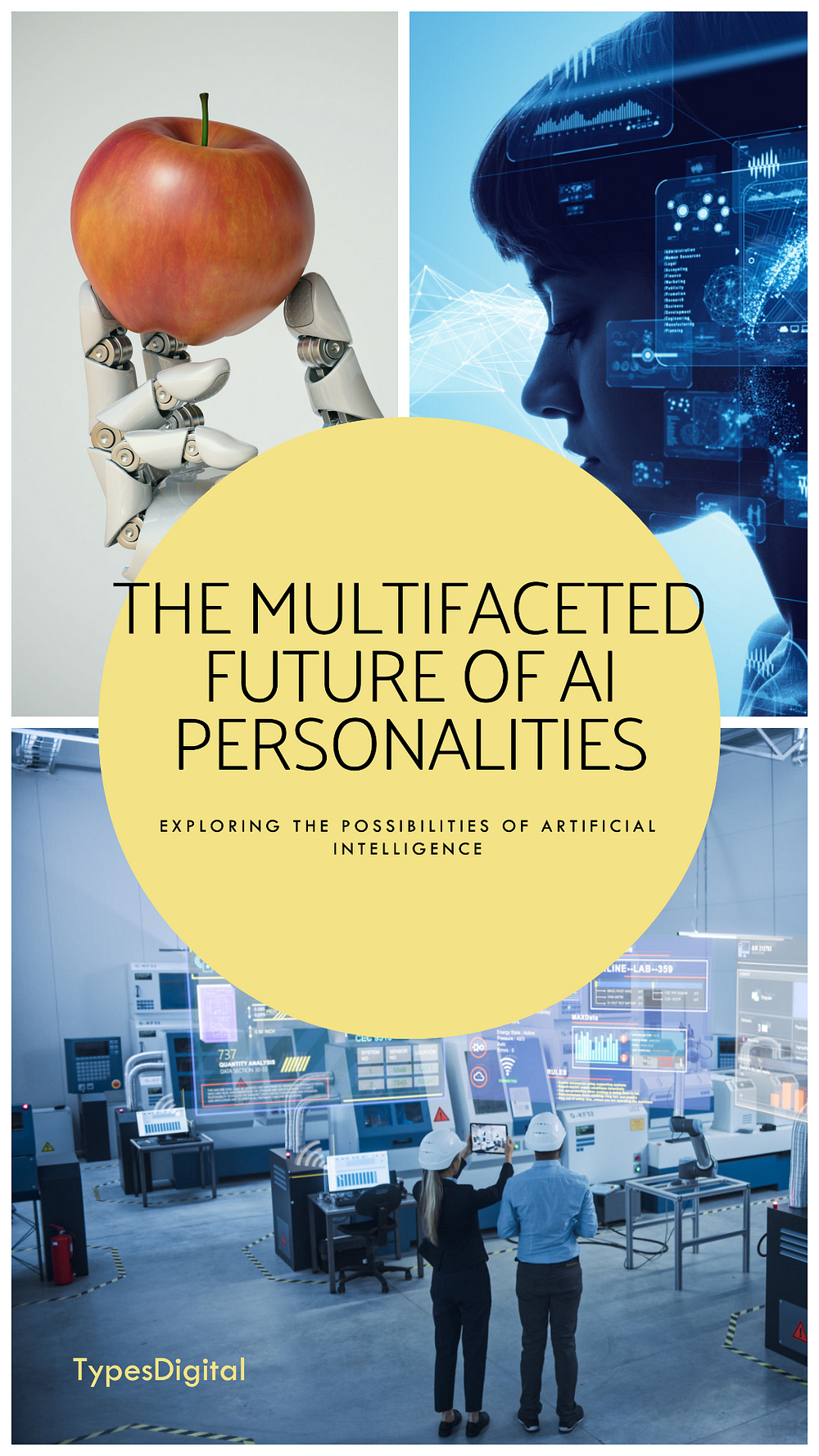
Chatbots are progressing beyond their traditional usage in writing articles and emails to displaying empathy and remembering user-specific information, becoming personal advisers. Think about the experience of someone who used the chatbot Pi to stop smoking. He would consult Pi whenever cravings surfaced, and the chatbot would serve as a constant reminder of the benefits of quitting, such as being there for his child’s future.
Inflection, a Silicon Valley startup, has garnered significant attention by securing a staggering $1.3 billion in funding to create a “personal AI for everyone.” Their brainchild, a chatbot that serves as a confidante for personal matters, sets out to embody this vision. Inflection’s funding accomplishment places it as the second most generously funded generative AI startup after OpenAI, which has amassed a remarkable $11 billion in funding to date. However, while ChatGPT and Pi resemble digital companions, the company behind ChatGPT is pursuing a distinct objective, developing a more functional and work-oriented personal assistant.
Within the industry, there is an ongoing debate among executives regarding the ideal approach to anthropomorphize artificial intelligence. OpenAI’s ChatGPT takes a personified approach, while others argue in favor of neutrality and maximum functionality, akin to a smartphone’s operating system. As we transition into a reality where human-computer interactions become commonplace, it is plausible that we will utilize both types of AI: one resembling Microsoft’s discontinued virtual assistant Clippy, and the other more akin to Microsoft Excel. These AI entities will assist us in becoming more productive while effectively navigating our personal lives.
While the integration of companion-style AI may require some adjustment, it is predominantly anticipated to benefit regular individuals rather than enterprises. Mustafa Suleyman, co-founder of Inflection and a former co-founder of Google DeepMind, envisions Pi as a consumer product. Acting as a chief of staff, Pi will provide advice on weekend planning, shopping for clothing, and even engage in conversations with customer service representatives on behalf of the user.
Suleyman emphasizes that Pi will align itself with users’ interests, offering feedback, advice, and even sharing their perspective and experiences. Nevertheless, it is vital to acknowledge that Pi is intentionally designed to establish boundaries, reminding users of its lack of emotions and human nature. Although engaging with software on a personal level may initially seem unusual, visionaries like Suleyman, co-founder Reid Hoffman, renowned venture capitalist and PayPal Mafia member, and numerous other AI developers believe we are progressing towards this direction.
The appeal of companion-style AI is partly attributed to the increased isolation experienced by many individuals since the onset of the Covid-19 pandemic. A poll conducted by the Kaiser Family Foundation in March 2022 revealed that 59% of respondents had not returned to their pre-pandemic activities, while a significant number of office workers continue to operate remotely. While chatbots like ChatGPT occasionally make factual errors, their ability to display empathy remains considerably reliable. It comes as no surprise that approximately 5 million users have registered for Replika, an app offering AI-powered companions that are often regarded as friends or even romantic partners.
Adept, a generative AI startup based in San Francisco and funded by Greylock Partners, a venture capital firm led by Reid Hoffman, adopts a more function-oriented perspective on human-AI interaction, despite the conversational nature of their system.
The company was established by a former leader of Google’s large language model projects, along with two scientists who co-authored a seminal paper on “transformers,” a fundamental technology that facilitated the construction of ChatGPT. Rather than creating a standalone chatbot, Adept focuses on developing a system that can interpret conversational commands from humans and utilize software accordingly.
Adept’s CEO, David Luan, envisions building a natural language interface for computers, eliminating the need for users of enterprise software to navigate through web pages and extensive menus to execute tasks. Instead, users will simply instruct the website via a text-dialogue box, delegating work to the system. Adept’s technology aims to enable users to perform complex actions, such as integrating a batch of LinkedIn profiles into Salesforce or creating CAD models, without prior expertise. If successful, this approach to software navigation could render certain user interfaces obsolete, transforming them into background infrastructure that humans no longer need to manage. Why invest in designing elaborate menus and webpages when AI services can seamlessly handle the task?
OpenAI appears to be actively exploring both approaches. They have developed ChatGPT as an interactive entity, enabling conversations with users. Simultaneously, they are designing a more function-oriented system that integrates into everyday enterprise operations, similar to Adept’s development strategy. Notably, Microsoft Copilot, a product developed by Microsoft based on OpenAI’s technology, aligns with this functional AI direction, potentially creating a complex dynamic with Microsoft, their primary investor.
OpenAI’s CEO, Sam Altman, demonstrates a clear vision of the future of conversational AI. By emphasizing functional AI and potentially conflicting with Microsoft’s interests, Altman underscores the belief that conversational AI will exist as a separate entity with which we interact, while simultaneously serving as an integral part of our technological infrastructure. In any case, it is evident that human-computer communication will be far more prevalent than it is today.
Building a startup or working for your next deal? We have you covered.
READ MORE:





0 Comments